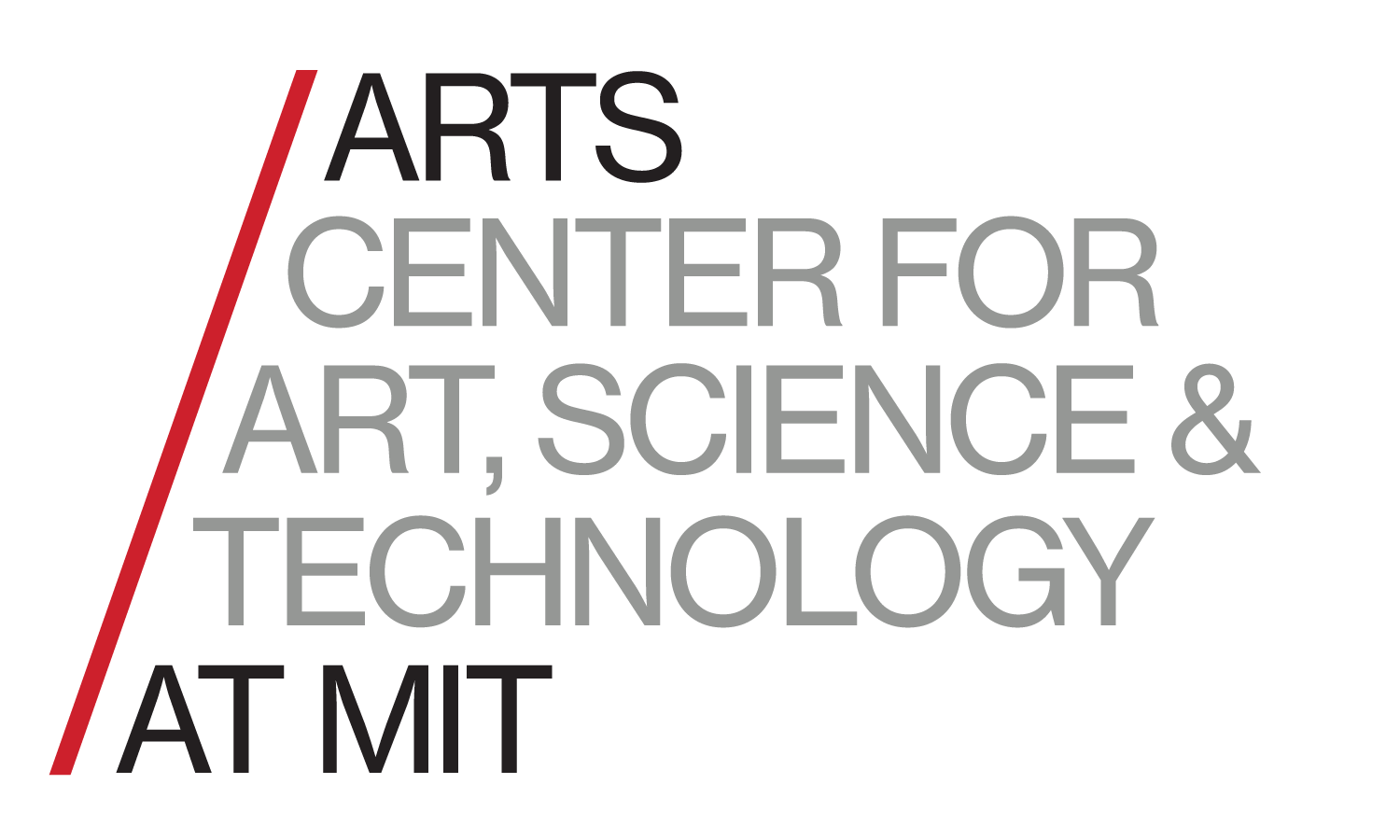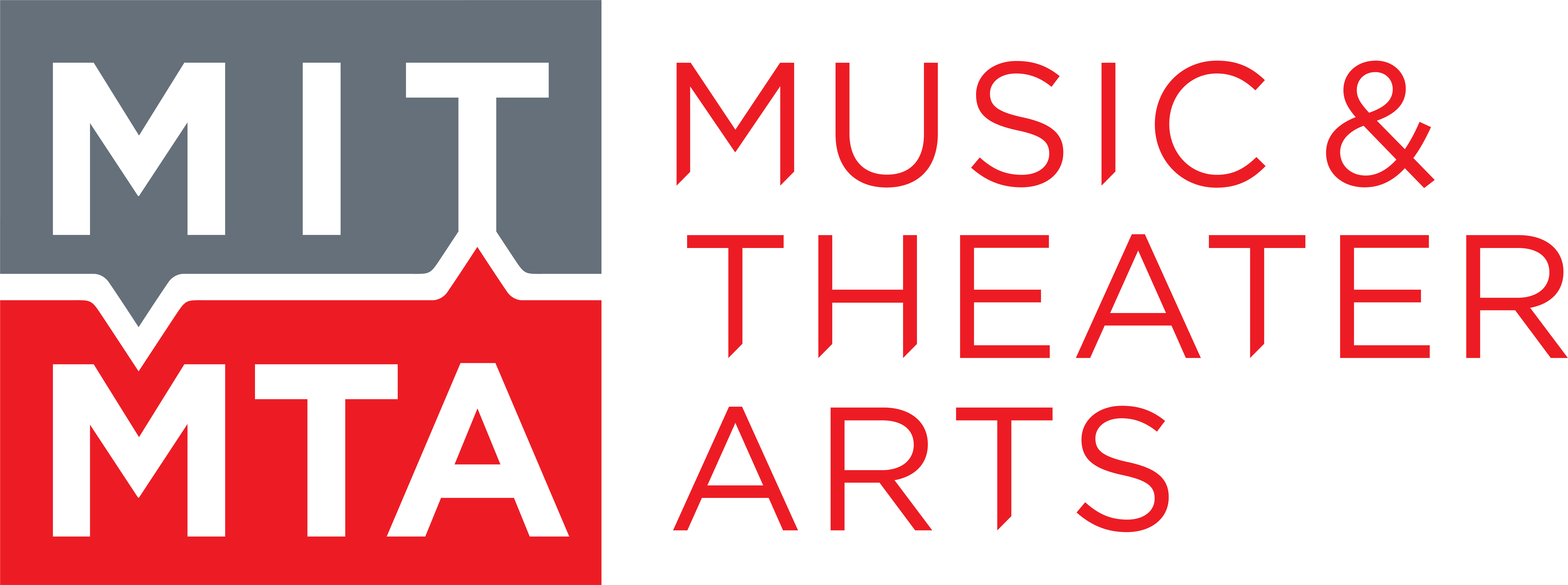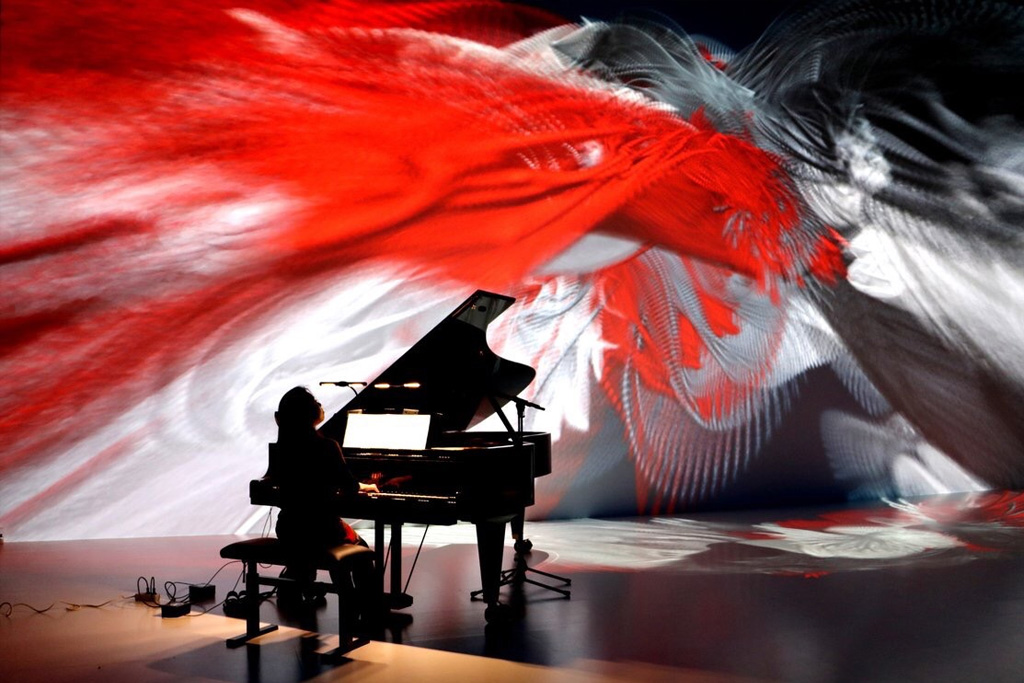
Maki Namekawa: 21st Century Piano
Friday, May 13, 2022 / 7:30pm
Kresge Auditorium, MIT Building W16
48 Massachusetts Avenue, Cambridge, MA
Featuring
Maki Namekawa, solo piano
The 2021–22 season of the innovative annual performance series MIT Sounding continues to expand musical boundaries. MIT Sounding presents unique artists who push the envelope of their respective genres, creating new evolving music for the 21st century. This season is curated by Evan Ziporyn, faculty director of the MIT Center for Art, Science & Technology (CAST) and co-directed by Frederick Harris, Jr.
Maki Namekawa, solo piano
Ritual (1987)
Keith Jarrett (b. 1945)
New England Premiere
Toccata (2022)
Joe Hisaishi (b.1950)
US Premiere
SHORT INTERMISSION
Music for “365 Stories I Want To Tell You Before We Both Die” (2021)
Part One: #126-219
Evan Ziporyn (b.1959)
World Premiere
Piano Sonata (2019)
Philip Glass (b. 1937)
New England Premiere
Ritual (1977) – Keith Jarrett
Keith Jarrett’s place in the piano pantheon is assured through his voluminous and consistently brilliant live performances and recordings, as a soloist and group leader. He is also a prolific composer, though most of his works are springboards for solo and group improvisations. Ritual, however, is a fully-notated work, which Jarrett gave to Maki Namekawa’s husband, the conductor Dennis Russell Davies, who recorded the work for ECM in the late 1970s. As Davies put it in the original liner notes, “As I worked with the piece, I received enormous satisfaction from the opportunity to express, through Keith’s music, my admiration for his artistry. And although I could never, in improvisation, begin to assume his qualities as a creative force, Ritual is a vehicle through which I can bring his spirit to the listener. Those who know Keith will hear him in this music. It couldn’t have been written by anyone else.” Tonight’s performance represents the New England premiere of the work.
Toccata (2022) – Joe Hisaishi
Namekawa has had a fruitful collaboration with Joe Hisaishi in recent years, though this is the first work written especially for her by Hisaishi. The composer states: “My Toccata was composed at the request of Maki Namekawa has had a fruitful collaboration with Joe Hisaishi in recent years, though this is the first work written especially for her by Hisaishi. The composer states: “My Toccata was composed at the request of Maki Namekawa for a performance at the Philharmonie de Paris, originally scheduled for Autumn 2020. In it I am searching for a fluidity in the sound, coupled with the rhythmic diversity I so admire in Baroque music. By focusing on horizontal, linear movements, and avoiding overt chordal dissonances, I hope to awaken an emotional response from the listener rather than to impose one.” Toccata had its world premiere on May 7, 2022 at the Philharmonie de Paris. Tonight’s performance represents the second performance ever, and the US premiere of the piece.
Music for “365 Stories I Want To Tell You Before We Both Die” (2021) – Evan Ziporyn
MF365 is a series of 365 miniatures, written to introduce daily episodes of Caveh Zahedi’s podcast. Each one introduces a single story, but each is also a building block in a stand-alone, through-composed work: 365 phrases, in order, separated by silence, each responding to the memory of what came before. Ziporyn joined the podcast project mid-stream, so Part One begins on day 126, i.e., May 6, 2021.
Piano Sonata (2019) – Philip Glass
The biggest thing with new music is how to realize it. It’s an issue of how to write it down, but it’s also about how to actually play it. – Philip Glass
Philip Glass composed the Piano Sonata—his first, at age 82—for Maki Namekawa. She recounts, ‘I got the music the third week of April 2019. I was about to go to the dress rehearsal for a big orchestral concert in Vienna in which I was the soloist. I opened my email to see the finished score for the Glass Piano Sonata. I had an inner battle about whether I should open it or not because I had other music to work on. In the end, I didn’t have a choice, I had to open it! When I started to play it, I couldn’t believe it. I was in shock. This was a new style of music. I thought immediately of when I play Stravinsky. There are “wrong” notes but they are strange and beautiful.’
Glass and Namekawa started the process of working on the piece together while on tour in Spain in May of 2019. Namekawa says, “This has been a journey for me with Philip on this piece, a musical journey.” When Glass was asked what the piece was about, he said “The big idea of the piece is how to play the piece.” Namekawa says at one point, Glass told her that the left and the right hands have different personalities, which turned out to be a big part of unlocking the piece for her. In the third movement of the Sonata, Namekawa had been playing different tempos, but when she found these personalities for each of her hands, the piece emerged and she immediately said, “It worked!”
The new ideas in the First Piano Sonata are very much about this process. What the composer and performer were going through in Barcelona and New York was absolutely necessary as part of the creation of the piece and it has very little to do with the notes on paper, but rather with how the piece reveals itself to the creators (composer and performer) and ultimately the audience.
Glass ended by saying, ‘Maki is in the soup with me in discovering what the piece itself is. Musical material is bouncing in between movements and we need to find what needs to happen to put the piece together. What seems like a bunch of funny things at first become parts that pull the piece together. Familiarity breeds understanding. We ourselves are only beginning to understand. It’s great that it’s someone like Maki. We can discover and say “This is how it’s supposed to go.”’
– Richard Guérin
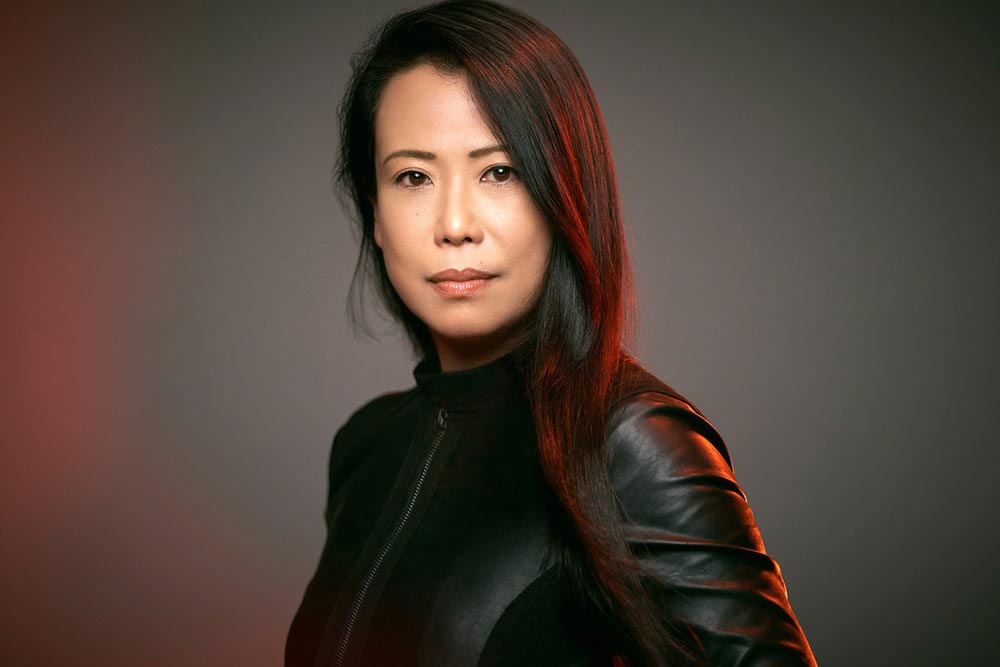
Terri Lyne Carrington. Image credit: Tracy Love.
Maki Namekawa is a leading figure among today’s pianists, bringing to audiences’ attention contemporary music by international composers. She performs regularly at international venues including Carnegie Hall, Musikverein Vienna, Barbican Center, Philharmonie de Paris, and Het Concertgebouw Amsterdam.
In 2013, Namekawa performed the world premiere of the entire cycle of Philip Glass’ 20 etudes for piano solo in Australia under the participation of Glass himself, followed by concerts around the world. Her album of the complete Glass etudes was released in 2014, reaching number 1 of the iTunes Classic charts and receiving high praise by BBC Music Magazine.
In 2019, Philip Glass composed his first Piano Sonata especially for Maki Namekawa. She premiered the Sonata in the presence of the composer at the Klavier-Festival Ruhr. Maki Namekawa‘s repertory for 2022-23 includes works by Keith Jarrett, Chick Corea, György Ligeti.
Website: makinamekawa.com
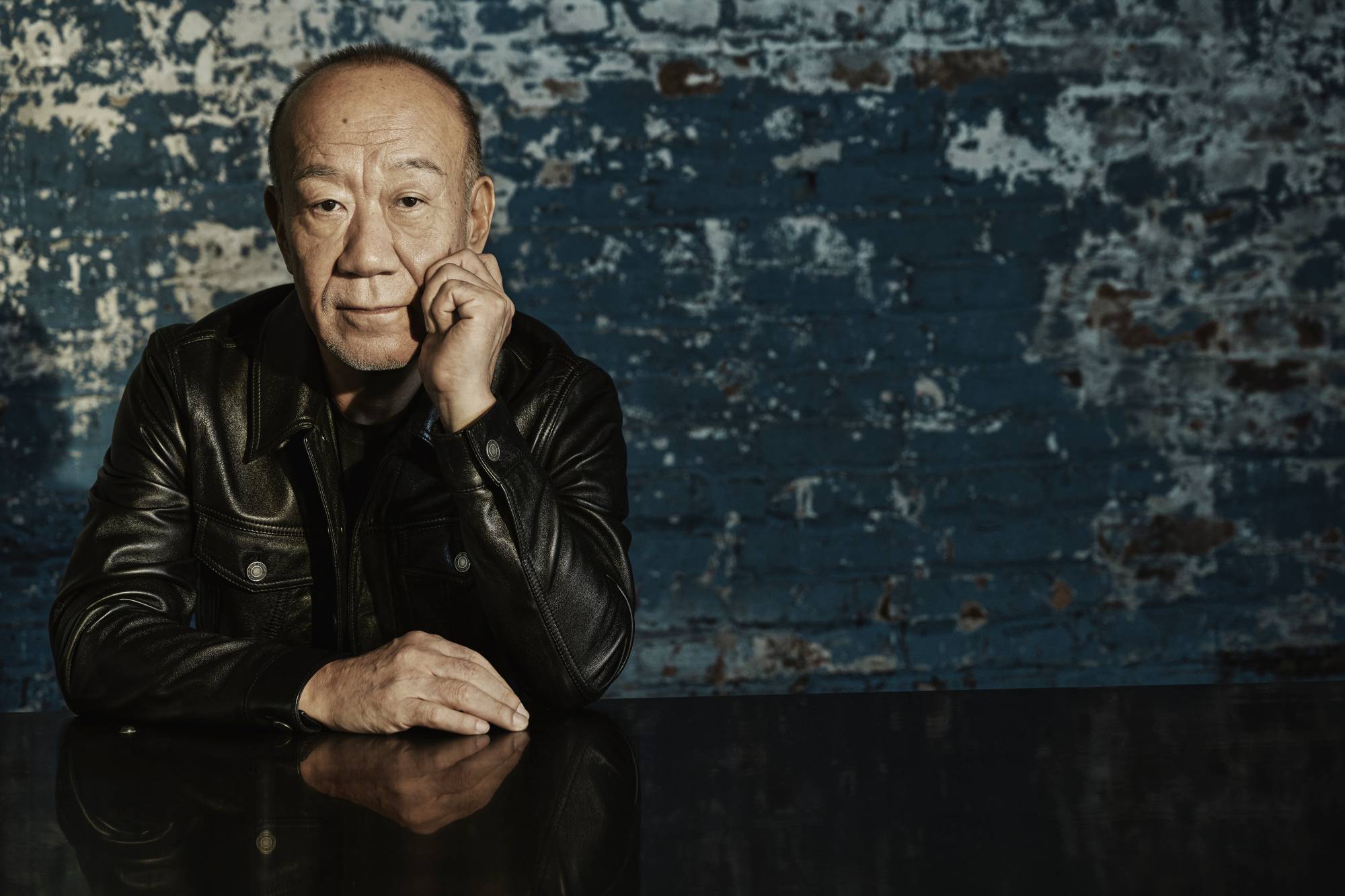
Edmar Colon. Courtesy of the artist.
Composer, pianist, and conductor Joe Hisaishi is known internationally for his music created for the Studio Ghibli Films of Hayao Miyazaki, and for his nearly 100 film scores and solo albums. Hisaishi’s work draws from American minimalist compositions, experimental electronic music, and European and Japanese classical music.
Website: joehisaishi.com
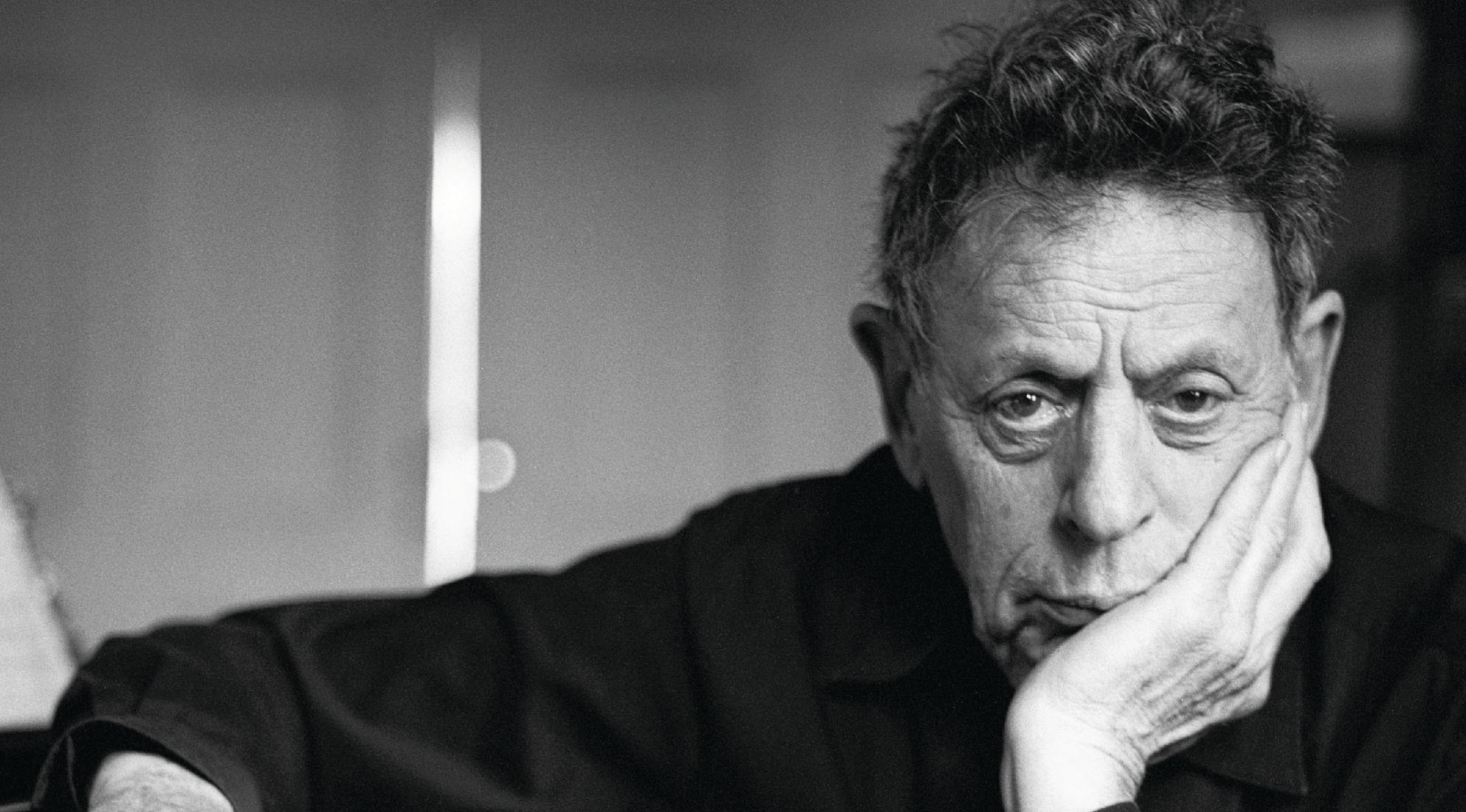
Edmar Colon. Courtesy of the artist.
Philip Glass is a composer and pianist and has had an extraordinary and unprecedented impact upon the musical and intellectual life of his times. In the past 25 years, Glass has composed more than twenty five operas, large and small; fourteen symphonies, thirteen concertos; soundtracks to films ranging from new scores for the stylized classics of Jean Cocteau to Errol Morris’s documentary about former defense secretary Robert McNamara; nine string quartets; a growing body of work for solo piano and organ. He has collaborated with Paul Simon, Linda Ronstadt, Yo-Yo Ma, and Doris Lessing, among many others. He presents lectures, workshops, and solo keyboard performances around the world, and continues to appear regularly with the Philip Glass Ensemble.
Website: philipglass.com
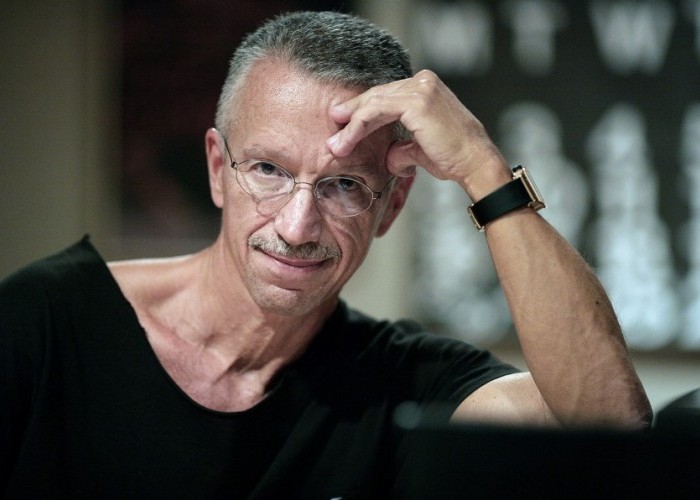
Edmar Colon. Courtesy of the artist.
Keith Jarrett is a jazz and classical pianist and composer who embraces solo improvisation, duets, trios, quartets, original compositions, multi-instrumental ventures, masterpieces of the classical repertoire, and wide-ranging explorations of the Great American Songbook.
Website: ECM Records
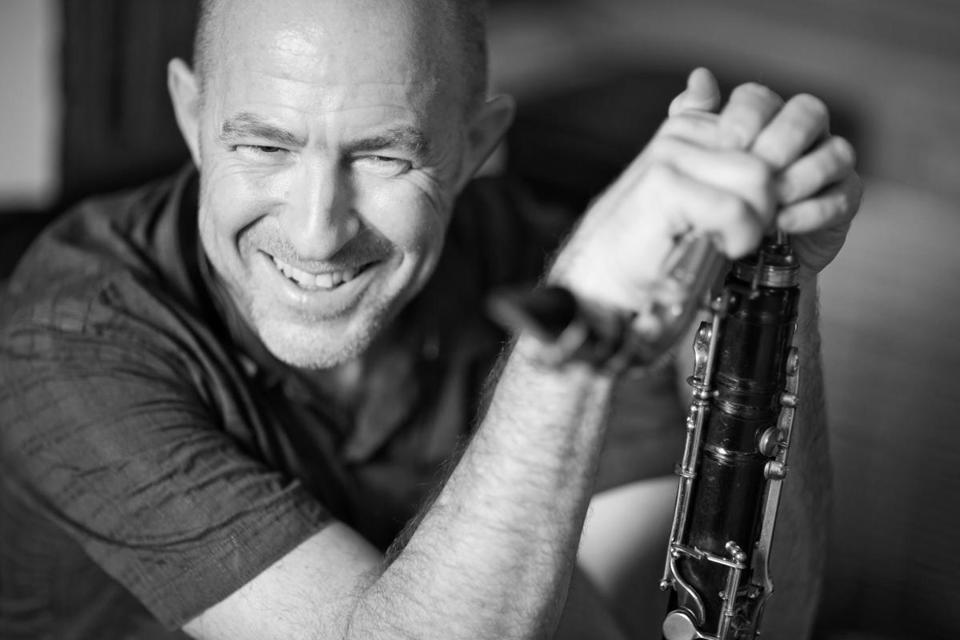
Edmar Colon. Courtesy of the artist.
Evan Ziporyn is Kenan Sahin Distinguished Professor of Music at MIT & Faculty Director of the MIT Center for Art Science and Technology. He released his latest album, Pop Channel, earlier this year. Other recent recordings include Bowie Cello SymphonIc: Blackstar (with Maya Beiser & the Ambient Orchestra), Lou Harrison’s Concerto for Piano with Javanese Gamelan (with Sarah Cahill & Gamelan Galak Tika), and (upcoming) Philip Glass’ long-lost Best Out of Three.
Website: ziporyn.com
MIT Center for Art, Science & Technology (CAST)
CAST creates new opportunities for art, science, and technology to thrive as interrelated, mutually informing modes of exploration, knowledge, and discovery. CAST’s multidisciplinary platform presents performing and visual arts programs, supports research projects for artists working with science and engineering labs, and sponsors symposia, classes, workshops, design studios, lectures, and publications. The Center is funded in part by a generous grant from the Andrew W. Mellon Foundation.
For more information, please contact cast@mit.edu or visit arts.mit.edu/cast
MIT Music and Theater Arts (MTA)
The Music and Theater Arts Section of the School of Humanities, Arts, and Social Sciences annually affords 1,500 students per year the opportunity to experience the unique language and process of the performing arts. Faculty and teaching staff, informed by their ongoing professional activities, help students understand art’s demand for rigor and discipline and its non-quantitative standards of excellence and beauty.
For more information, please contact mta@mit.edu or visit mta.mit.edu
Special thanks to Richard Guérin, the staff of MTA (Luis Cuco Daglio, Michelle Carmichael, Lauren Dickel, Andy Wilds, Jacob Means), CAST and Arts at MIT (Lydia Brosnahan, Heidi Erickson, Liz Keller-Tripp, Leah Talatinian), Anthony DiBartolo, and Will Grueb.
MIT Sounding is presented by the MIT Center for Art, Science & Technology and MIT Music and Theater Arts.
Joe Hisaishi’s Toccata was co-commissioned by MIT CAST and Ars Electronica Center.
